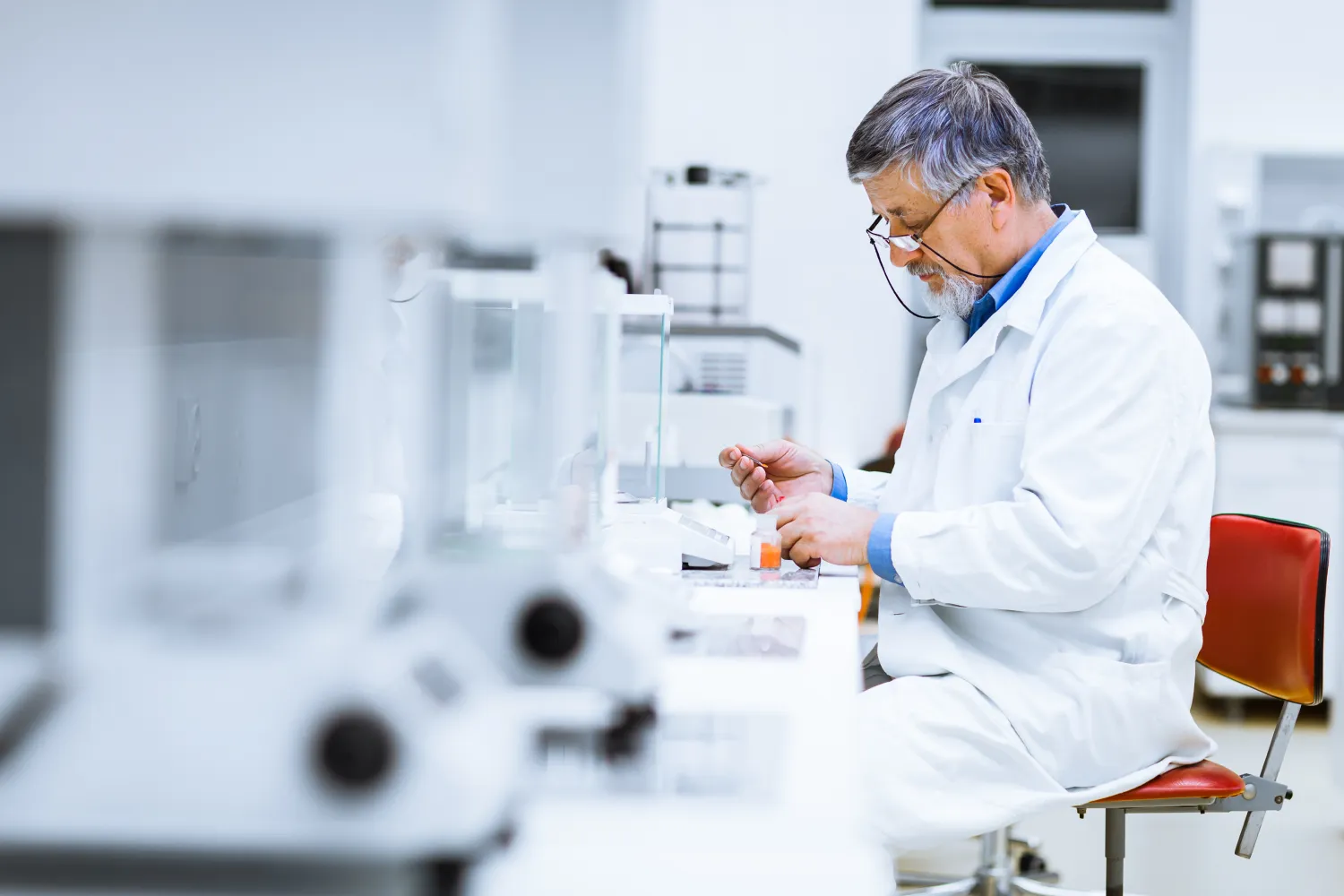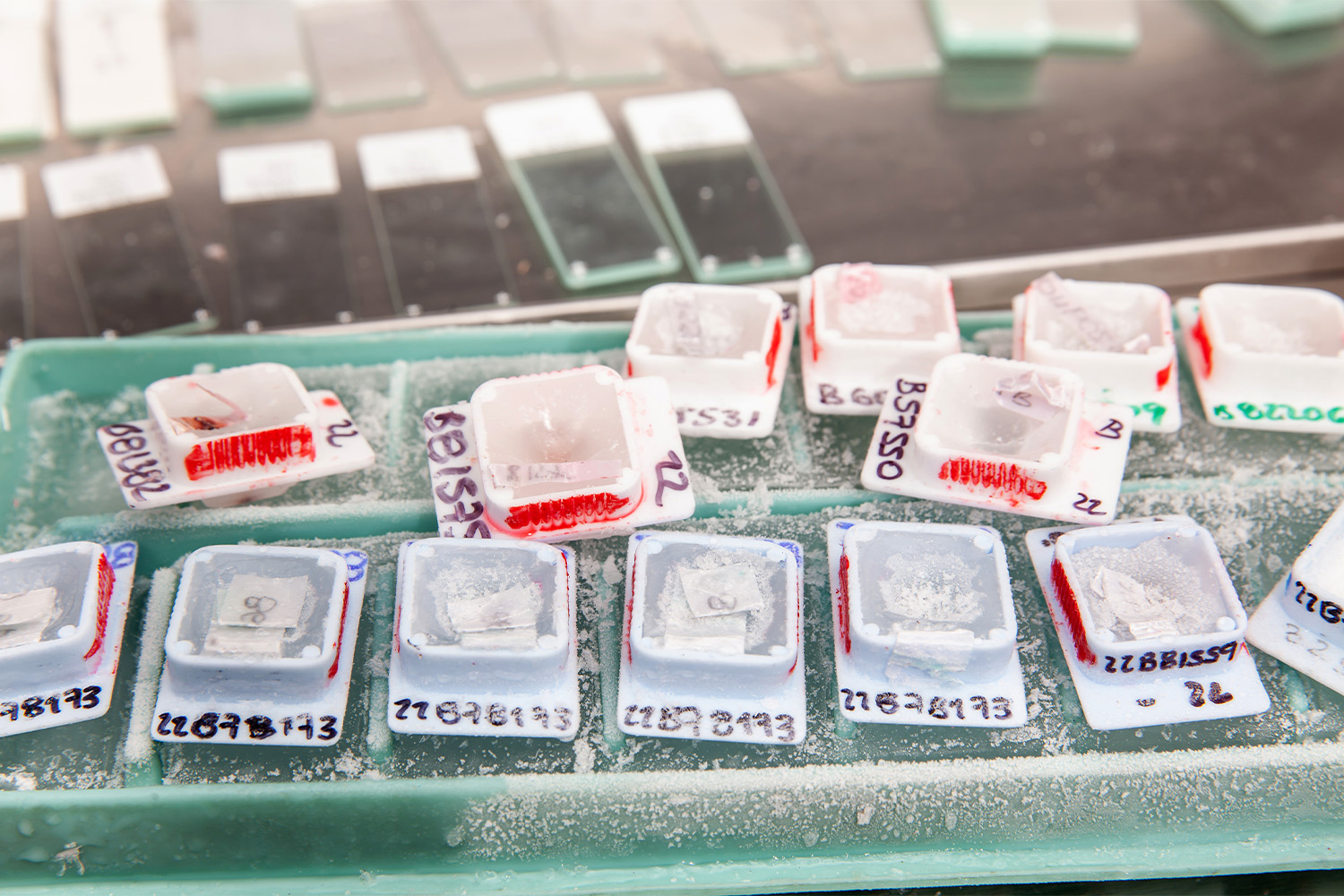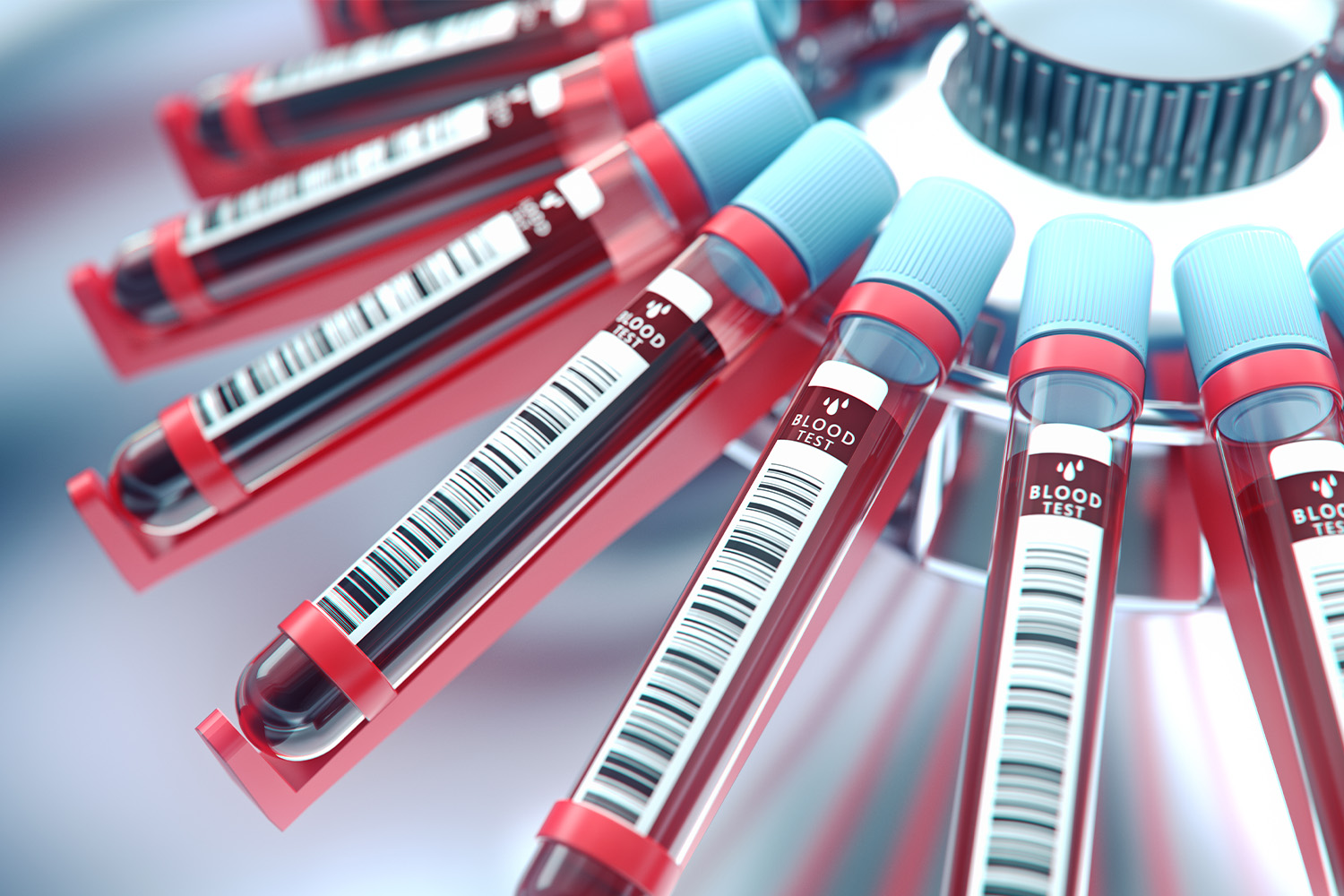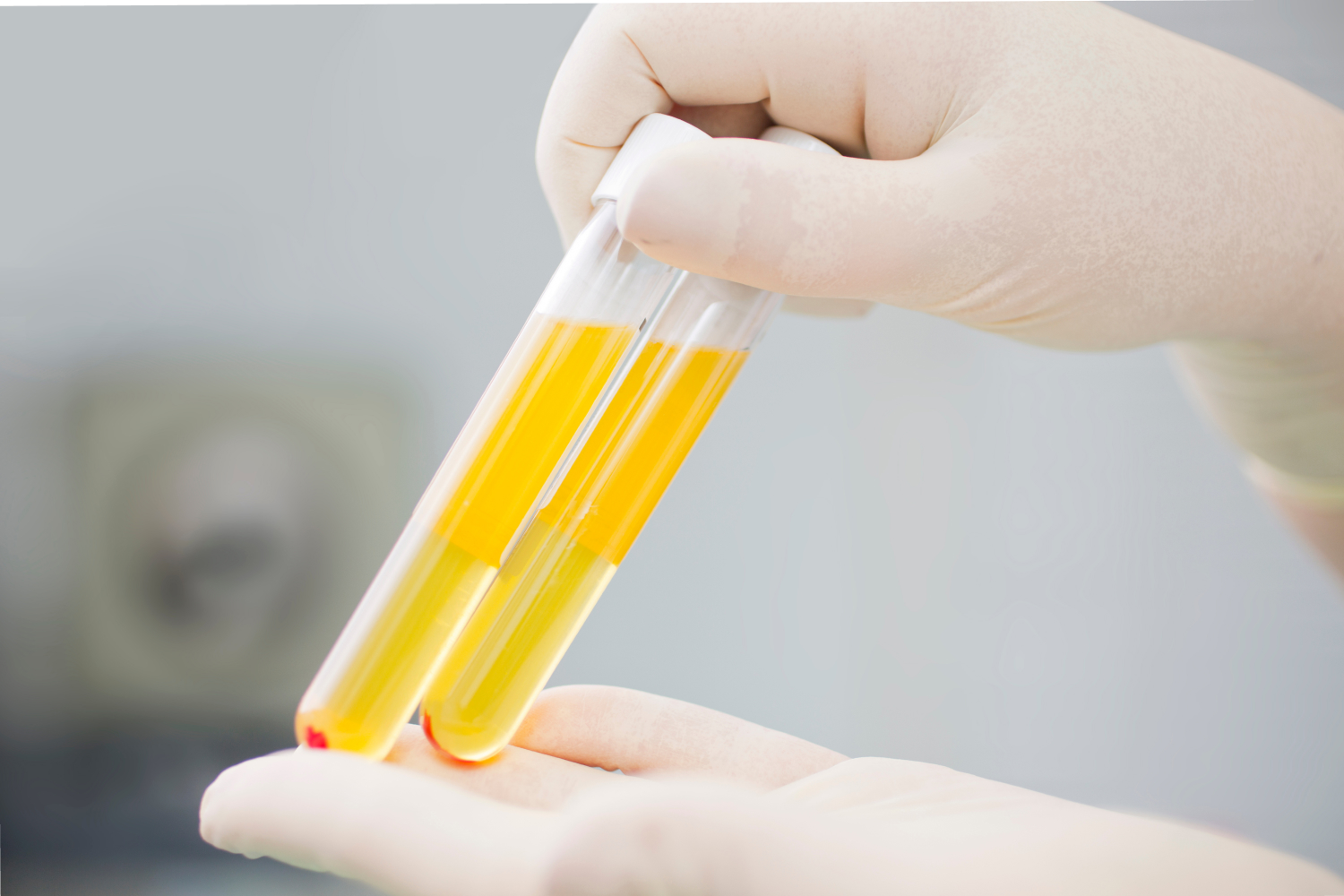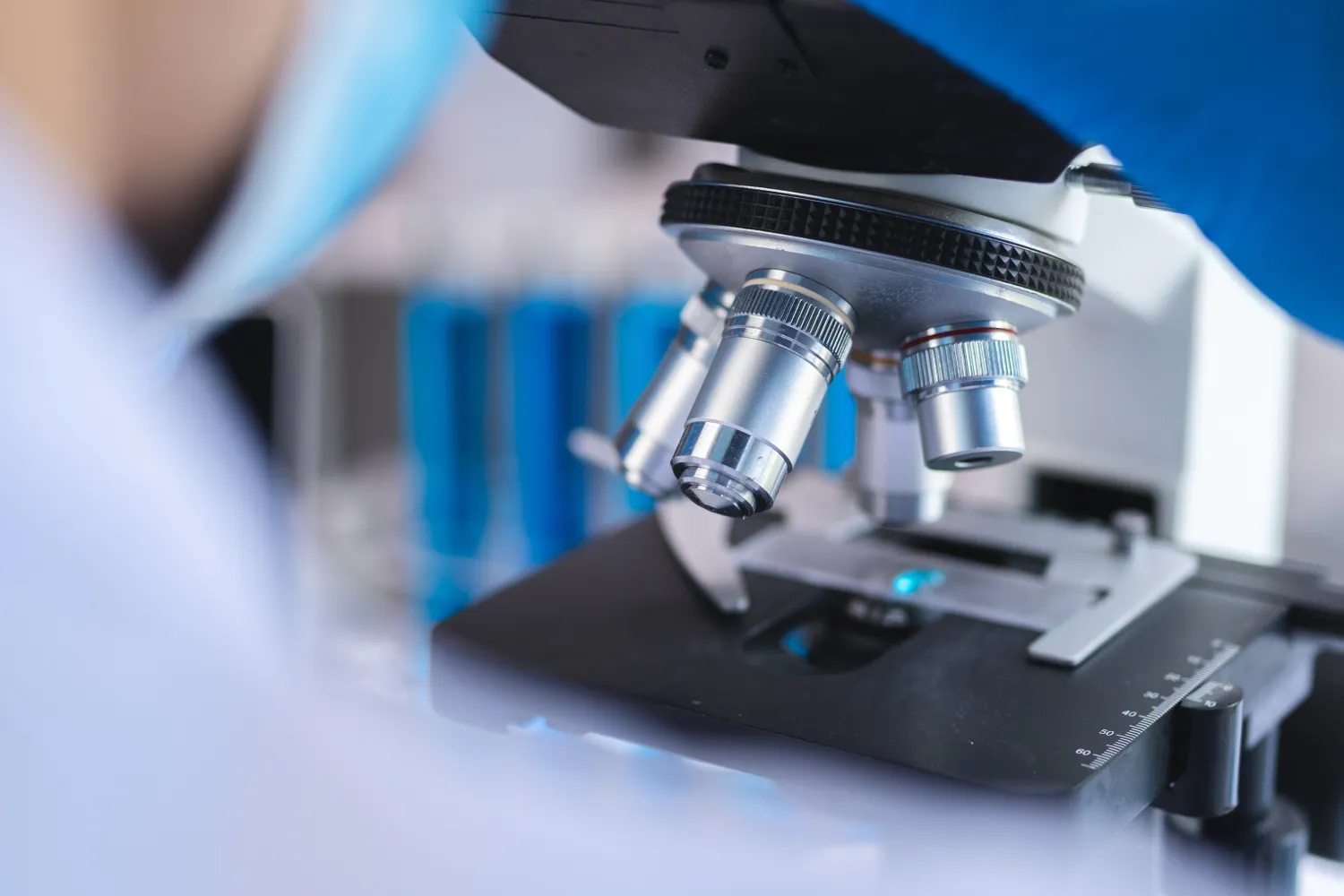Within medical research, the accuracy and reliability of laboratory equipment are not just beneficial — they are imperative. At iProcess Global Research, we understand that the cornerstone of groundbreaking healthcare research lies in the tools’ precision.
Medical equipment testing in research labs plays an important role in ensuring that every discovery, every result, is built on a foundation of trust and veracity. Our commitment at iProcess is to foster this ethos of precision and reliability. We dedicate ourselves to supporting the healthcare research community with tools and insights that uphold the highest standards of accuracy.
This article is crafted to share our expertise, offering valuable tips and essential tools that enhance medical equipment testing in research labs. Our goal is to empower researchers with the knowledge and resources needed to conduct their work with the utmost confidence in their equipment.
Understanding the Importance of Equipment Testing
The accuracy and reliability of laboratory equipment are essential in medical research. Equipment testing is not just a procedural step — it’s a fundamental aspect underpinning research outcomes’ validity.
Inaccurate or unreliable equipment can lead to erroneous conclusions, affecting the credibility of the research and potentially having far-reaching consequences in healthcare applications. It’s essential for research labs to recognize the impact of their equipment’s performance on their studies’ integrity.
Regular testing and maintenance of equipment ensure that research findings are based on accurate data, thereby contributing to meaningful scientific advancements.
Staying Updated with Regulatory Standards
Navigating the landscape of healthcare research requires adherence to stringent regulatory standards. These regulations, set by authoritative bodies like the Food and Drug Administration (FDA), are designed to ensure that equipment used in medical research meets the highest standards of safety and effectiveness.
Staying updated with these regulations is important for research labs, as compliance is key to maintaining their work’s legitimacy and ethical standing. Regularly reviewing updates from regulatory bodies and incorporating them into lab protocols is essential.
This proactive approach keeps labs compliant and ensures that the equipment used is aligned with the latest standards in healthcare research, thereby enhancing the quality and reliability of test results.
Implementing a Quality Management System
A robust quality management system (QMS) is vital in ensuring the consistent performance of medical equipment in research labs. Such a system involves establishing standardized procedures and protocols for equipment handling and testing.
The first step in implementing a QMS is identifying key equipment performance metrics and establishing routine checks and balances. Documentation plays a crucial role in this system, where every test, calibration, and maintenance activity is recorded.
This not only ensures adherence to quality standards but also aids in identifying patterns or issues that may require attention, thereby maintaining the equipment’s integrity and reliability.
Regular Calibration and Maintenance
Maintaining the accuracy of medical equipment is an ongoing process, necessitating regular calibration and maintenance. This routine care is essential to prevent discrepancies in test results due to equipment faults or wear and tear.
Labs should establish a schedule for calibration and maintenance activities tailored to the usage and manufacturer’s recommendations for each piece of equipment. Documenting these activities is equally important, as it provides a historical record of equipment performance and maintenance, allowing for timely identification and resolution of potential issues.
Regular calibration and maintenance not only extend the lifespan of the equipment but also ensure the consistency of research outcomes.
Training and Educating Lab Personnel
Effective operation and testing of medical equipment in research labs hinge on the proficiency of lab personnel. Comprehensive training is crucial to equip staff with the necessary skills and knowledge. This training should encompass both the theoretical aspects of equipment operation and hands-on experience.
Regular refresher courses and updates on new equipment or changes in operating procedures ensure that staff remains competent and confident in their roles. Labs can utilize a variety of training resources, including manufacturer-provided training, online courses, and workshops.
Investing in staff education underscores a lab’s commitment to maintaining high research quality and safety standards.
Selection of Appropriate Testing Tools
Selecting the right testing tools is critical for the accurate assessment of medical equipment in research labs. Each piece of equipment may require specific testing tools based on its function and complexity. For example, multimeters might be used for electrical testing, while pressure gauges are essential for equipment involving fluid dynamics.
It’s important to consult equipment manuals and industry guidelines to identify the most appropriate tools for each testing need. Additionally, investing in high-quality, versatile testing tools can enhance the lab’s capability to conduct a wide range of tests efficiently and accurately.
Ensuring Proper Environmental Conditions
Environmental conditions can significantly influence the performance of medical equipment in research labs. Factors such as temperature, humidity, and electromagnetic interference can affect equipment accuracy and reliability.
Implementing strategies to maintain controlled environmental conditions is therefore essential. This might include installing temperature and humidity controls in the lab, ensuring proper ventilation, and minimizing external interference.
Regular monitoring and adjusting of these environmental factors help in maintaining optimal conditions for equipment operation, thereby ensuring that external variables do not compromise test results.
Embracing Technological Advancements
Staying abreast of technological advancements is key to maintaining a state-of-the-art research lab. New technologies often bring enhancements in accuracy, efficiency, and capabilities.
Integrating these advancements into existing lab protocols can be challenging but is essential for keeping the lab at the forefront of research. This might involve training staff on new equipment, updating testing procedures, and ensuring compatibility with existing systems.
Adopting new technologies improves the quality of research and positions the lab to better address emerging scientific questions and challenges.
Conducting Thorough Performance Tests
Comprehensive performance testing is a cornerstone of ensuring equipment reliability in research labs. These tests, varying from simple operational checks to complex functionality assessments, are designed to verify that equipment performs as expected under various conditions.
Common performance tests include accuracy verification, response time measurement, and long-term stability checks. Adhering to a systematic testing procedure helps detect potential malfunctions or deviations early, ensuring that the equipment consistently produces valid and reliable results.
Regular performance testing, thus, is not just a compliance measure but a critical component of maintaining the integrity of research outcomes.
Safety Protocols and Compliance
Prioritizing safety in research labs is essential not only for the protection of lab personnel but also for preserving the integrity of research work. Implementing comprehensive safety protocols involves regular equipment checks to prevent accidents, proper handling and storage of hazardous materials, and ensuring that all safety features of equipment are functional.
Regular safety audits and training sessions help in reinforcing safety norms and compliance with regulatory standards. Adhering to these safety protocols minimizes risks and creates a secure working environment, thereby upholding the highest standards of research practice.
Utilizing Software for Enhanced Testing
In the era of digitalization, software tools have become integral to equipment testing and data analysis in research labs. These tools can enhance testing efficiency, provide advanced data analysis capabilities, and ensure accuracy in record-keeping.
Selecting the right software involves considering factors like compatibility with existing equipment, ease of use, and the ability to handle specific data analysis requirements. Effective utilization of software tools not only streamlines the testing process but also provides deeper insights into test results, thereby enhancing the overall quality and scope of research.
Regular updates and training on software usage are key to leveraging these tools to their full potential.
Building a Community Through Networking
Networking plays a vital role in medical research, particularly in equipment testing. Building connections with industry peers offers numerous benefits, such as exchanging knowledge, sharing best practices, and accessing collective expertise. Platforms like professional conferences, online forums, and industry associations provide excellent opportunities for researchers to connect with experts and contemporaries.
These interactions can lead to collaborations, innovations, and advancements in equipment testing methodologies, significantly enhancing the quality of research.
Continual Improvement and Adaptation
In the ever-evolving field of medical research, continual improvement and adaptability in equipment testing are crucial. Research labs should foster a culture of ongoing enhancement, regularly reviewing and updating their testing processes. This can involve implementing feedback from staff, staying updated with industry trends, and integrating new testing methods.
Such a dynamic approach ensures that labs remain at the cutting edge of technology and methodology, consistently producing reliable and accurate research outcomes.
Conclusion
From understanding regulatory standards to embracing technological advancements and fostering a culture of continual improvement, each aspect contributes significantly to the advancement of healthcare research.
At iProcess Global Research, our commitment to advancing healthcare research is rooted in our dedication to quality and precision in equipment testing. We encourage research labs to continuously evolve and uphold the highest standards in their practices.
By embracing these tips and tools, researchers can ensure that their work not only meets but exceeds the benchmarks of excellence in medical research. Get started with iProcess today.
Sources:
Why Should We Have a Periodic Safety and Performance Program for Medical Devices | PCM
Food and Drug Administration (FDA) | USAGov
The Environmental Impact of Medical Equipment | News | Northwestern Engineering
Why The Era Of Digital Transformation Is Important For Companies Of All Sizes | Forbes
